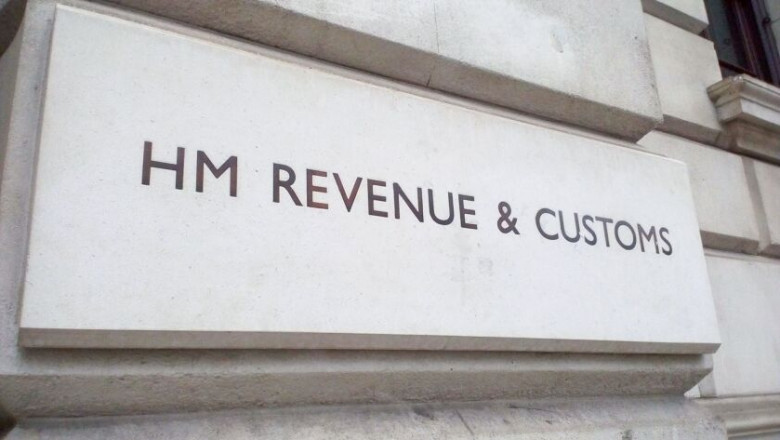views
The UK's tax system, governed by Her Majesty's Revenue and Customs (HMRC), is both comprehensive and complex. Understanding the various regulations is essential for businesses and individuals alike to ensure compliance, optimize tax planning, and avoid penalties. This article offers an insightful guide to navigating the intricate landscape of HMRC tax rules effectively.
Understanding the Basics of HMRC Tax Rules
HMRC oversees a wide range of taxes, including income tax, corporate tax, VAT, and capital gains tax. Each tax type has its own set of rules and regulations, deadlines, and reporting requirements. Familiarizing yourself with these basics can help you manage your financial obligations more efficiently.
Key Areas to Focus On:
-
Income Tax: Applies to earnings from employment, self-employment, pensions, and investments. Staying updated on the tax brackets and personal allowances is crucial.
-
VAT (Value Added Tax): Applicable to most goods and services sold in the UK. Businesses with a turnover exceeding £85,000 annually must register for VAT.
-
Corporation Tax: Paid by limited companies on their profits. Keeping accurate records is vital to calculate your taxable profit correctly.
-
Capital Gains Tax: Charged on the profit made from selling assets like property or shares.
Navigating Tax Deadlines and Penalties
One of the most challenging aspects of HMRC tax rules is adhering to strict deadlines. Missing these can result in fines or interest charges. For instance:
-
Self-Assessment Deadlines: Tax returns must be submitted by January 31st each year for online filings.
-
VAT Returns: Usually submitted quarterly, with payment due one month and seven days after the end of the accounting period.
-
Corporation Tax Deadlines: Payments are due nine months and one day after the end of your company’s financial year.
To avoid penalties, consider setting up reminders or using HMRC’s online services, which provide tools to track obligations and deadlines.
Optimizing Tax Efficiency
Navigating HMRC tax rules isn’t just about compliance; it’s also about optimizing tax efficiency. Some strategies include:
-
Claiming Allowable Expenses: Whether you’re self-employed or running a business, ensure you claim all legitimate expenses, such as travel, office supplies, and professional services.
-
Making Use of Tax Reliefs: Schemes like R&D Tax Credits, Annual Investment Allowance, and capital allowances can significantly reduce your tax liability.
-
Using Pension Contributions: Contributions to pensions can be a tax-efficient way to save for retirement and lower taxable income.
Leveraging Professional Advice
The intricacies of HMRC tax rules can be overwhelming, especially for larger businesses or those with complex financial affairs. Engaging a qualified accountant or tax adviser can provide tailored guidance and ensure you’re making the most of available reliefs and allowances.
Staying Updated with HMRC Changes
Tax rules are subject to change due to government budgets or policy updates. Subscribing to HMRC updates or regularly checking their official website can help you stay informed. Adopting accounting software that integrates HMRC updates can also simplify the process.














Comments
0 comment